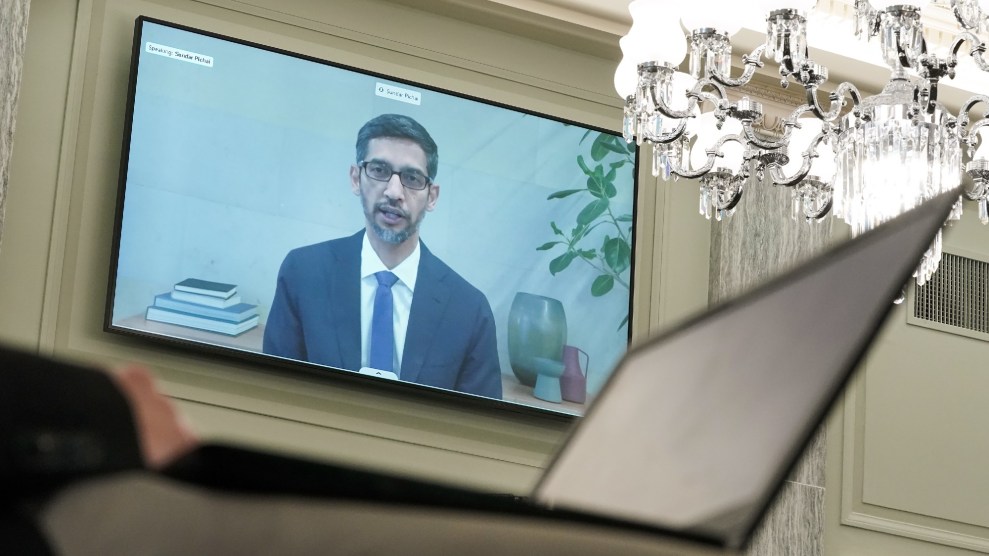
Right after Trump was elected, a reporter at the Intercept was reaching out to tech companies and asking if they’d help the Trump administration build a list of Muslims in the United States like Trump had said he would. This was around the time of the Trump Muslim ban. Nitasha Tiku, who was at BuzzFeed News at the time, was doing her own story on it, and she reached out to us. I was doing policy comms for Google at the time. Her inquiry ended up coming to me, so it was my job to give advice to the company on if and how we should make a statement on it.
I thought it’d be better to make a simple statement that we wouldn’t help make a Muslim list, so I made that suggestion. The story would have gone away, and by not commenting we were adding fuel to the fire. It just made sense—of course the company wouldn’t provide a list to the US government of every Muslim who uses Google in America. I wasn’t emotional. I brought it up matter of factly, which is what my job was—to provide counsel on policy comms for the company. It’s what they pay you for.
Twitter made a statement. Facebook and Google decided not to comment.
I kept my manager updated as the story gained traction, and the company continued to decline on making a statement. Then Nitasha got an email that was sent to her by accident by a Facebook PR person, who apparently thought he was addressing a colleague. He called the idea of a Muslim registry a “straw man.” Nitasha’s story about the email forced Facebook’s hand, and the company eventually issued a formal response: “No one has asked us to build a Muslim registry, and of course we would not do so.”
Google finally made a statement saying they wouldn’t do it, either, and the story went away.
Shortly afterward, in my review at the end of the year, my manager didn’t give me the top performance rating. When I asked for specifics on why, she gave me one example: One of the things that stuck out to us, she told me, as I remember it, was that we know that your wife is Muslim. You got very emotional about the request for comment about the Muslim list. You really shouldn’t be bringing personal politics to work.
I thought that was a shitty thing to say, using this personal attack on me when I had gone out of my way to not be emotional about it. They interpreted that as “because he’s married to a Muslim he thinks Google shouldn’t build a Muslim list.” There’s a double standard at play here.
This story is part of our Bad Bosses project, a reported collection of accounts from workers about their terrible bosses and the system that creates them. You can read more about the entire project and find every story here. Annotations—highlighted throughout—can be clicked for further context and comment from other parties. Got your own bad boss story? Send us an email.















